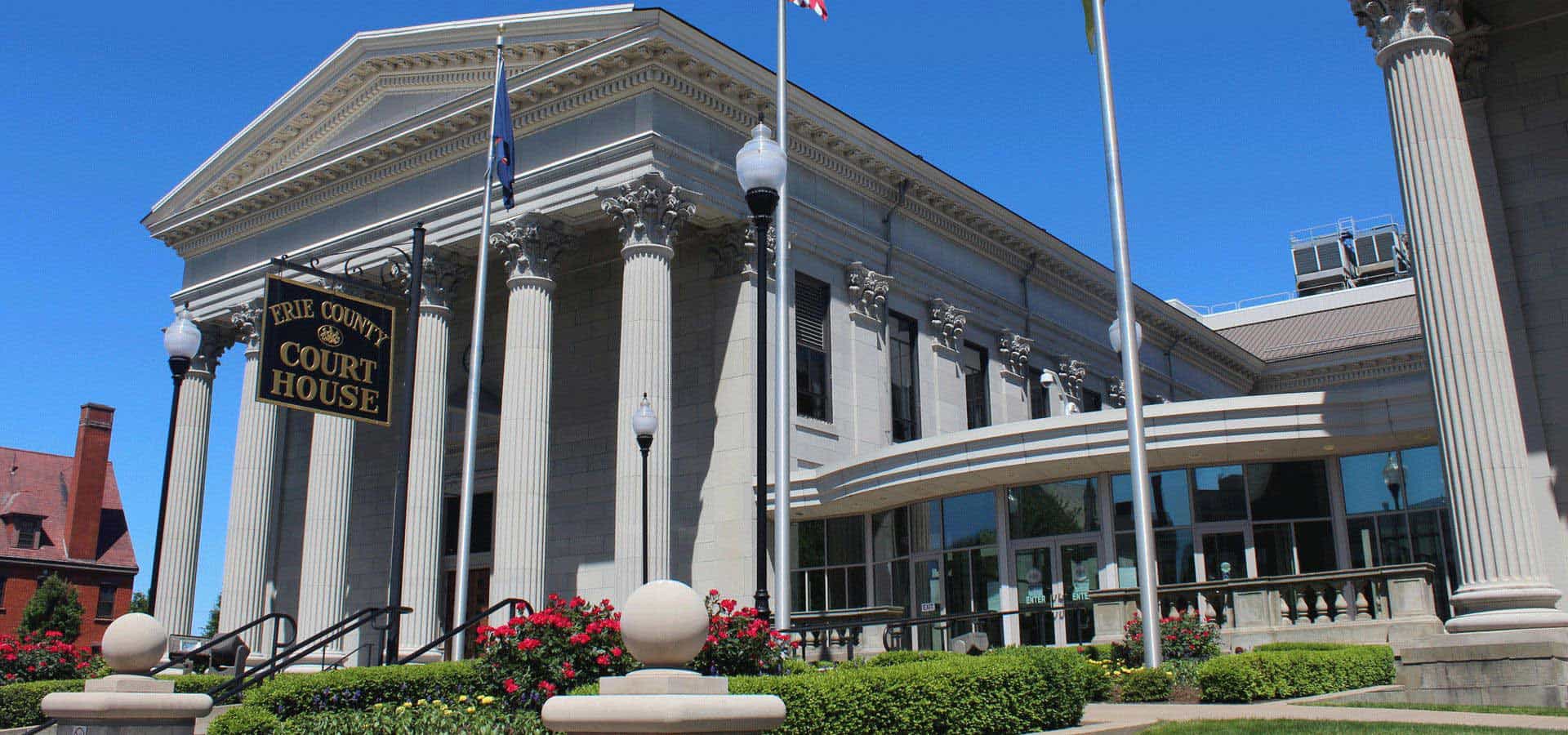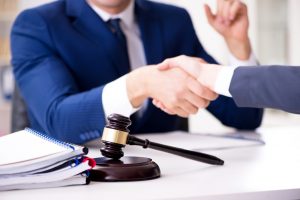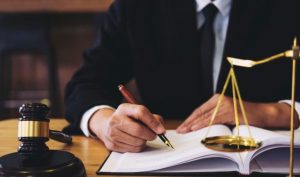When facing criminal charges, finding a qualified criminal attorney near me becomes the most crucial decision you can make. The importance of securing an experienced criminal attorney near me cannot be overstated, as your freedom, future, and rights hang in the balance. The complex nature of criminal law, combined with the potentially severe consequences of a conviction, makes professional legal representation not just beneficial, but essential for protecting your interests and ensuring the best possible outcome for your case.
Key Takeaways
- Evaluate potential attorneys based on experience, expertise, and track record
- Consider location, availability, and communication style
- Review client testimonials and case outcomes
- Understand fee structures and payment arrangements
- Verify credentials and professional standings
- Schedule consultations before making a final decision
Understanding the Role of a Criminal Defense Attorney
A criminal defense attorney serves as your dedicated advocate throughout the entire legal process, standing between you and the full force of the prosecution. These skilled legal professionals bring years of education, training, and courtroom experience to your defense, working tirelessly to protect your rights and freedom. Their expertise extends far beyond simple court representation – they serve as strategists, negotiators, and counselors, guiding you through every step of the criminal justice system.
Criminal defense attorneys handle a wide spectrum of cases, from minor misdemeanors to serious felony charges. Their comprehensive approach to defense includes thorough case analysis, evidence review, and strategic planning. They understand not just the letter of the law, but also its practical application in local courts, which proves invaluable when building your defense strategy.
Case Analysis and Strategy Development
The foundation of any strong criminal defense begins with a meticulous analysis of your case. Your attorney will carefully examine every piece of evidence, including police reports, witness statements, and physical evidence. This thorough review allows them to identify potential constitutional violations, procedural errors, or weaknesses in the prosecution’s case that could work in your favor.
During this crucial phase, your attorney will develop a comprehensive defense strategy tailored to your specific situation. This might involve challenging evidence, questioning witness credibility, or negotiating with prosecutors for reduced charges. The strategy will evolve based on new evidence and developments in your case, always adapting to provide the strongest possible defense.
Legal Representation and Advocacy
Your attorney’s role extends well beyond the courtroom. They serve as your voice in all legal proceedings, from preliminary hearings to trial if necessary. This includes handling all court appearances, filing essential motions, and managing plea negotiations. Their experience in local courts proves invaluable during these proceedings, as they understand the tendencies of different judges and prosecutors.
- Jury selection and trial representation
- Court appearances and plea negotiations
- Motion filing and legal document preparation
- Evidence suppression when appropriate
In trial situations, your attorney’s expertise becomes even more critical. They handle jury selection, present opening and closing arguments, cross-examine witnesses, and ensure your rights are protected throughout the proceedings. Their knowledge of trial procedures and evidence rules can make the difference between a favorable and unfavorable outcome.
Essential Qualities to Look for in a Criminal Attorney
When searching for legal representation, certain qualities distinguish exceptional criminal defense attorneys from adequate ones. Understanding these qualities helps you make an informed decision about who will represent your interests.
Experience and Expertise
Experience in criminal defense law stands as perhaps the most crucial quality to seek in an attorney. This isn’t just about years in practice, but specific experience handling cases similar to yours. An attorney who regularly handles DUI cases, for instance, might not be the best choice for a complex fraud case, despite their overall criminal law experience.
Your defense attorney should possess extensive experience in criminal law, particularly in cases similar to yours. Look for:
- Years of practice in criminal defense
- Specific experience with your type of charges
- Track record of successful outcomes
- Familiarity with local courts and prosecutors
Look for an attorney who can demonstrate a track record of successful outcomes in cases similar to yours. This might include dismissed charges, reduced sentences, or favorable plea agreements. While past success doesn’t guarantee future results, it indicates the attorney’s ability to navigate similar legal challenges effectively.
Local Knowledge and Relationships
The value of local experience cannot be overstated in criminal defense. An attorney familiar with your local court system brings several distinct advantages to your case. They understand the unwritten rules and procedures of local courts, know the tendencies of specific judges, and have working relationships with prosecutors and court staff.
A local criminal defense attorney offers several advantages:
- Understanding of regional court systems
- Established relationships with prosecutors
- Knowledge of local judges’ tendencies
- Familiarity with local law enforcement practices
These local connections often prove invaluable during plea negotiations or when seeking favorable arrangements for their clients. An attorney who regularly appears in local courts has built a reputation and relationships that can benefit your case in numerous ways.
How to Begin Your Search
Online Research
Start by:
- Reading attorney websites and profiles
- Reviewing client testimonials
- Checking state bar association records
- Examining online ratings and reviews
Personal Recommendations
Seek referrals from:
- Trusted friends or family members
- Other legal professionals
- Professional organizations
- Local bar associations
The Consultation Process
Initial consultations serve as your opportunity to evaluate potential attorneys and determine if they’re the right fit for your case. This meeting should be treated as a two-way interview – while the attorney assesses your case, you should assess their suitability to represent you.
During consultations, attorneys typically review the basic facts of your case and provide an initial assessment of potential defense strategies. They should explain their experience with similar cases and give you a realistic overview of possible outcomes. This is also when they should clearly explain their fee structure and what services are included in their representation.
Building Your Defense Strategy
Once you’ve selected an attorney, they will begin developing a comprehensive defense strategy. This process starts with a thorough review of all evidence and documentation related to your case. Your attorney will identify potential weaknesses in the prosecution’s case and determine the most effective approach to your defense.
Your role in this process is crucial. You’ll need to provide complete and honest information about your case, including details that might seem unfavorable. Remember, attorney-client privilege protects your communications, and your attorney needs all relevant information to build the strongest possible defense.
Understanding Legal Fees and Arrangements
Criminal defense attorneys typically offer several fee arrangements, depending on the complexity of your case and their practice policies. Common arrangements include flat fees for specific services, hourly rates for more complex cases, or retainer agreements. Understanding these arrangements and what services are included is crucial before entering into an agreement.
Be sure to discuss potential additional costs beyond attorney fees. These might include expert witness fees, investigation costs, or court filing fees. A reputable attorney will be transparent about all potential costs and provide clear documentation of fee arrangements.
Fee Structures
Criminal defense attorneys typically charge:
- Flat fees for specific services
- Hourly rates for complex cases
- Retainer fees upfront
- Payment plans when available
Additional Costs
Be aware of potential expenses such as:
- Expert witness fees
- Court filing costs
- Investigation expenses
- Administrative charges
Making Your Final Decision
Evaluating Your Options
Consider these factors:
- Professional qualifications
- Communication style match
- Fee arrangements
- Availability and accessibility
- Confidence in their approach
Red Flags to Watch For
Be cautious of attorneys who:
- Make unrealistic promises
- Pressure you for immediate decisions
- Lack clear fee structures
- Show poor communication habits
Building a Strong Attorney-Client Relationship
Effective Communication
Maintain good communication by:
- Being honest and forthcoming
- Keeping scheduled appointments
- Providing requested information promptly
- Following legal advice carefully
Documentation
Maintain records of:
- All communications
- Court documents
- Payment receipts
- Meeting notes
Working Together Through Your Case
Case Timeline
Understanding typical case progression:
- Initial consultation and retention
- Case review and strategy development
- Pre-trial motions and negotiations
- Trial preparation if necessary
- Resolution and potential appeals
Your Role
- Contribute to your defense by:
- Providing requested information promptly
- Following attorney advice
- Meeting all court obligations
- Maintaining confidentiality
Selecting the right criminal defense attorney requires careful consideration of multiple factors, from experience and expertise to communication style and fee arrangements. The right attorney will not only possess the necessary legal knowledge and skills but also demonstrate a commitment to your case and clear communication throughout the process.
Remember that your choice of attorney can significantly impact the outcome of your case. Take time to research your options, meet with potential attorneys, and choose someone who makes you feel confident in your defense. With the right legal representation, you’ll be better positioned to navigate the criminal justice system and work toward the best possible outcome for your case.





